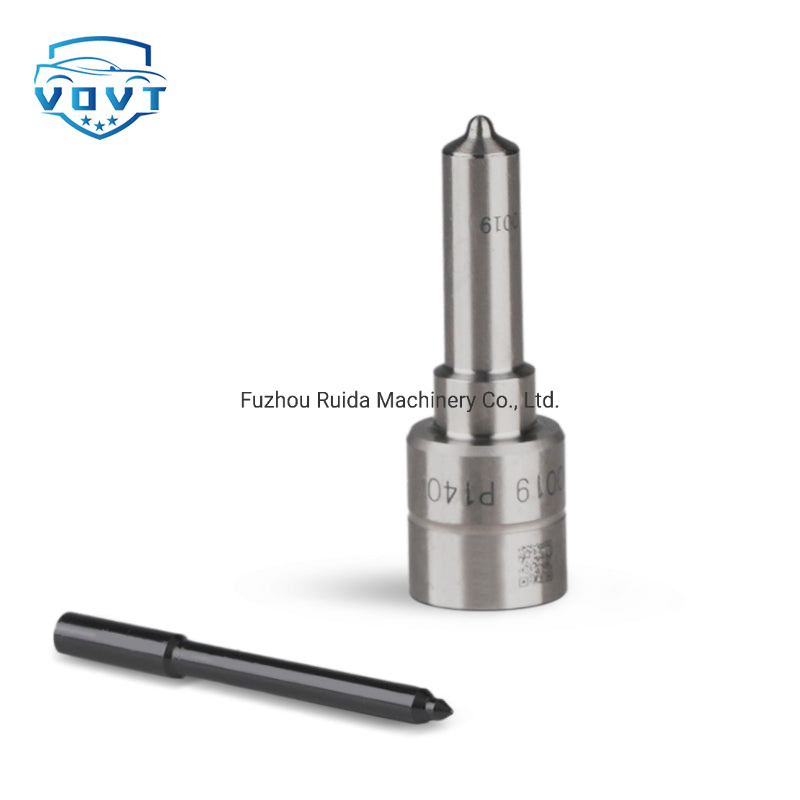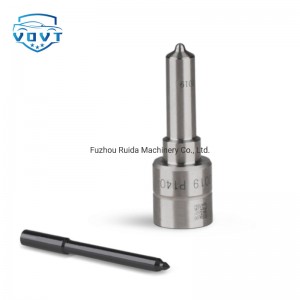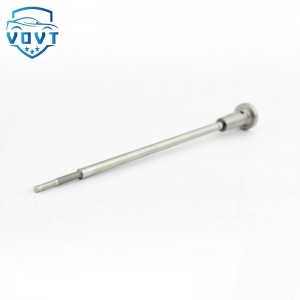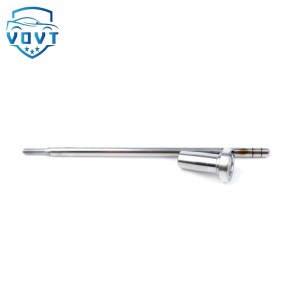New Common Rail Fuel Injector Nozzle Alla140pm0019 & M0019p140 for Injector 5ws40745 & Bk2q-9K546-AG & Bh1q-9K546-Ab& A2c5330791 & A2c59517051 & A2c20057433 Compatible with Ford Transit Ranger Mazda Bt50 2.2
products detail
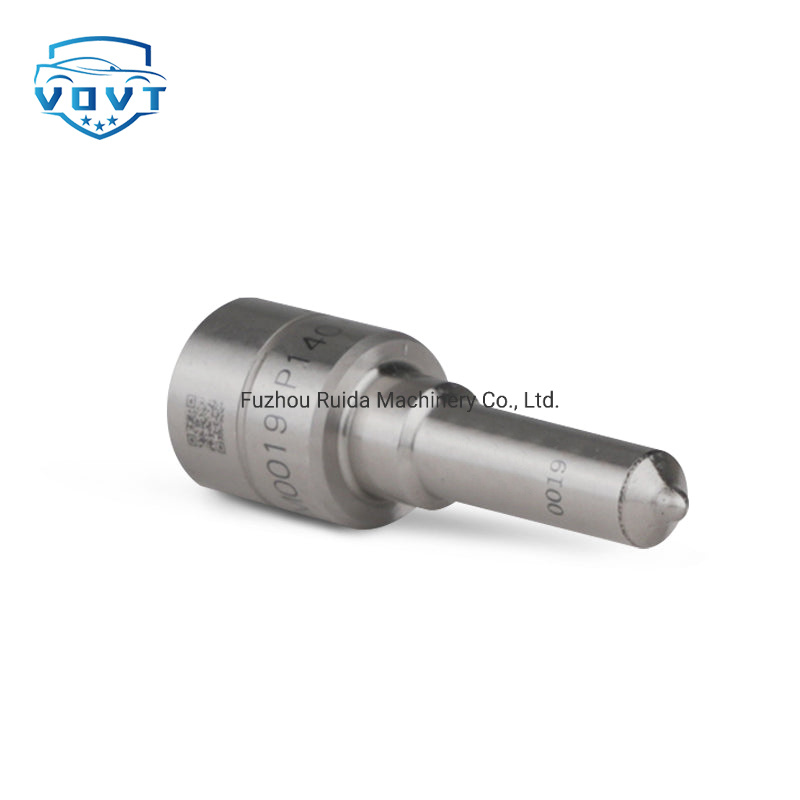
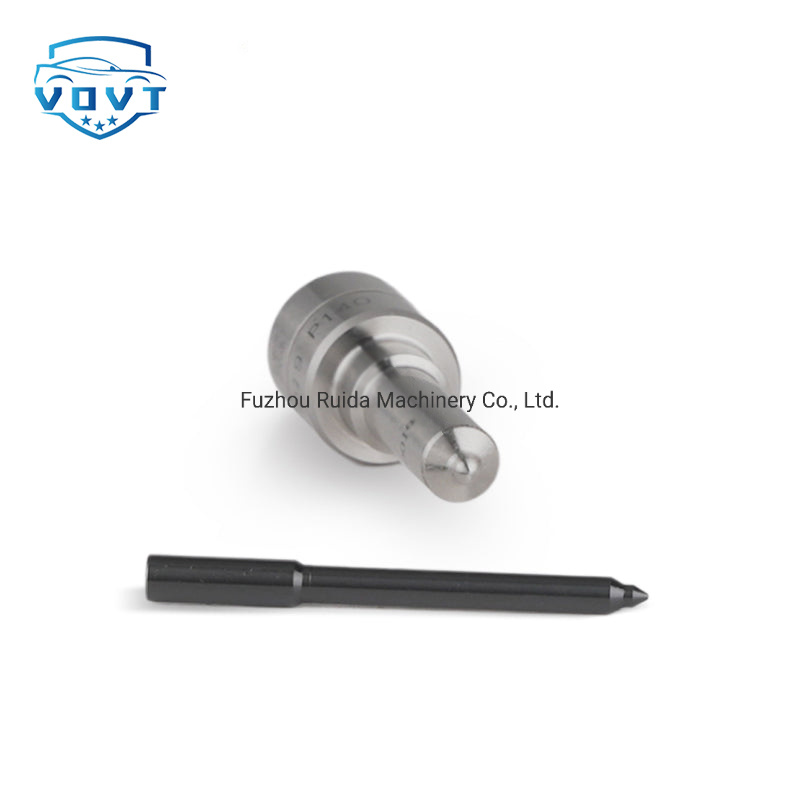
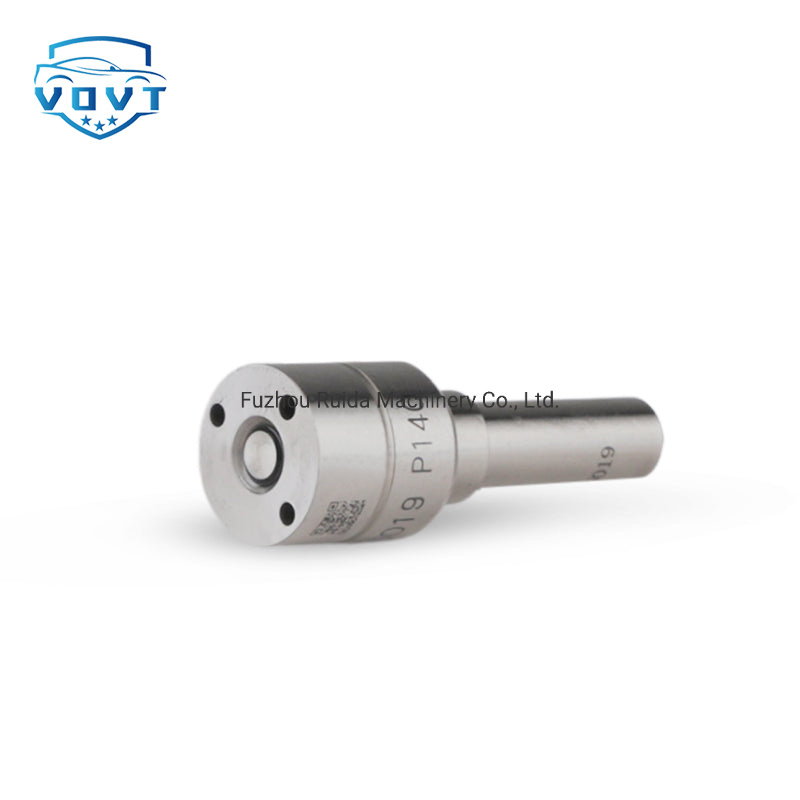
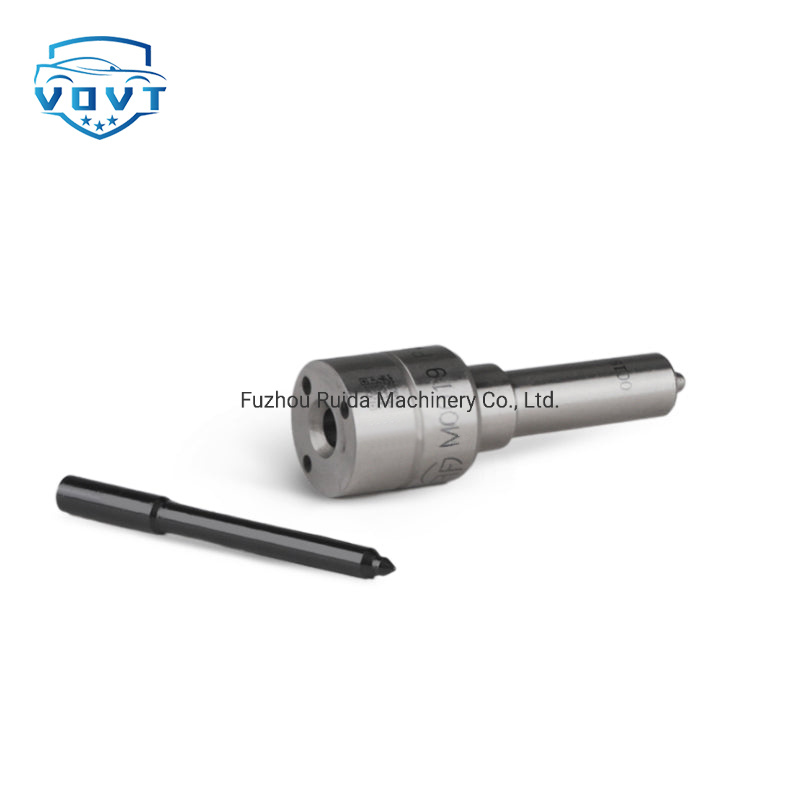
Used in Vehicles / Engines
| Product Code | M0019p140 |
| Engine Model | / |
| Application | / |
| MOQ | 6 pcs / Negotiated |
| Packaging | White Box Packaging or Customer's Requirement |
| Warranty | 6 months |
| Lead time | 7-15 working days after confirm order |
| Payment | T/T, PAYPAL, as your preference |
| Delivery Method | DHL, TNT, UPS, FedEx, EMS or Requested |
Factors affecting carbon deposition in fuel injectors
Temperature is the key factor affecting the formation of carbon deposition, which is influenced by the joint action of the wall temperature of the jet hole and the high temperature gas in the combustion chamber. When the fuel oil film is in direct contact with the wall surface, the oil film is heated and evaporated, small bubbles are generated inside, and then violent boiling occurs, and thermal decomposition and oxidation reactions occur at the same time. Due to the effect of boiling evaporation, most of the carbon deposits in the jet holes directly in contact with the wall surface have many voids. When the fuel oil film is directly exposed to a high temperature environment, the oil film occurs oxidation polymerization reaction, adsorption carbon smoke and other substances, the generation of polymer polymerization products, so the surface carbon deposit mostly compact structure.
The soot produced by incomplete combustion of diesel oil is an important source of carbon deposition. Therefore, the combustion efficiency can be improved through the development of clean diesel oil to reduce the generation of carbon smoke, or the addition of complex diesel oil cleaning agent to inhibit carbon deposition.
The formation of Secondly, the oil into the combustion chamber is also the main source of carbon deposition. By improving the sealing effect and improving the quality of oil, the influence of oil on carbon deposition can be effectively reduced. The adhesion conditions and temperature of the jet hole wall also affect the formation of carbon deposit. It can be considered to change the surface characteristics and heat transfer characteristics of the jet hole wall from the material of the jet hole, so as to inhibit the production of carbon deposit.

